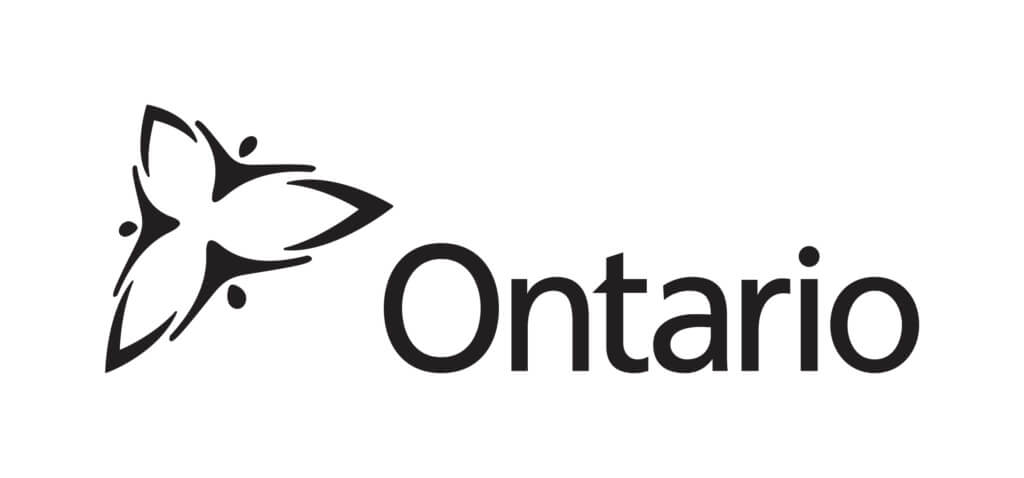The company has developed an extensive Quality Management System and is accredited by the Canadian Association for Analytical Laboratories (CALA) under the ISO Standard 17025 (CAN-P-4E) for specific environmental analysis. The laboratory is also licensed by the MECP for specific drinking water analysis.
Our analysts are all experienced graduates from recognized environmental and science based laboratory programs and are personally trained on the principles of professional laboratory practices. Staff training includes internal and external updating in a broad range of areas such as statistics, instrumentation, sampling, quality systems and human resources. We continually endeavour to learn about the issues waterworks / industry face in order to better understand and assist with the needs of their clients.
There are a variety of quality control measures taken at Near North Laboratories Inc. Temperatures of the incubators and fridges are recorded daily. Balances used to weigh out chemicals to make bacteria media are checked daily for accuracy. When setting up a run for the day, positive and negative controls are prepared to ensure the process will support growth where it should and not support growth where it shouldn’t. Blanks are run for each type of test. Purity checks are prepared daily for all control cultures. Every 10 samples, a sample is run in duplicate (purely random). Anything outside of its tolerance is recorded, assessed for impact and appropriate measures are taken to deal with the non-conformance.
At Near North Laboratories Inc., WE USE ONE STEAM PRESSURE STERILIZED FUNNEL PER SAMPLE unlike many labs that use a hot water or sterile rinse to clean funnels between samples. After each sample, the funnel is prepared for the autoclave and steam/pressure sterilized prior to being used for another sample. We currently efficiently rotate 32 funnels in this manner. Autoclaves are checked per run for performance using indicator tape and monthly using a spore strip test method.
All media that is prepared at the laboratory for bacteria testing is put through a series of batch controls. Which samples are run using which batch of media is tracked. Random bottles are selected from new bottle shipments and checked for sterility. Reagent water used to prepare blanks and media is tested routinely for bacteria and a variety of chemicals.
Annually, spatial variation of incubators is checked to look for areas of incubators that may not keep an even temperature and these areas are blocked from use. Thermometers and balances are re-certified.
All analysts performing microbiological testing must be thoroughly trained, validated and authorized for proficiency BEFORE performing testing on client samples. As well, analysts must routinely perform parallel analyses and inter-technician comparisons to ensure consistency among staff.
As part of our accreditation through the Canadian Association for Analytical Laboratories (CALA), we must analyze proficiency samples twice a year of unknown concentration to assess performance. Failure to achieve a satisfactory score can result in warnings and withdrawal of accreditation and ultimately, MECP licensing. Every two years, CALA assessors pay a site visit to the laboratory resulting in an intense review of documentation and practices. Any deficiencies must be resolved and proof submitted to CALA within 45 days in order to maintain accreditation.
Also, twice a year, the MECP conducts an inspection – one is announced and one is unannounced in order to determine the laboratories compliance to regulations and general good laboratory practice.



